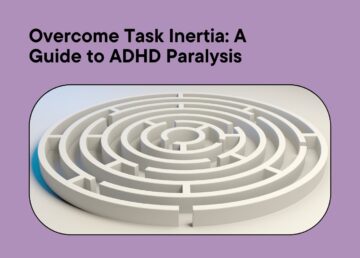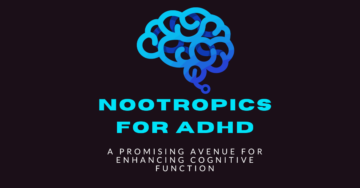
Journaling can be your best friend if you’re struggling to live with a mental health condition. It has several important benefits, including helping you better manage your stress, track your progress, and deal with panic attacks and anxiety, to name just a few.
The important thing is to develop a toolkit of useful techniques you can use to journal more effectively and ensure that it’s having the best possible effect on your mental health. In today’s post, we’re going to share three journaling techniques that we recommend for beginners.
1. Gratitude Journaling
Gratitude journaling is all about writing down the things in your life that you’re grateful for. By dedicating some time to listing the things you’re thankful for, it helps you focus on the good things in = life. Some people even establish a daily habit of listing three things that they’re thankful for, often doing it before bed as a way of looking back at their day.
However you go about it, gratitude journaling can help you refocus and spend more time thinking about the things that spark joy.
2. Intuition Journaling
Intuition is a powerful tool, but it’s easy for us to lose sight of it and even dismiss it entirely, especially when times get tough. The goal of intuition journaling is to help us get back in touch with ourselves and note down what our intuition is trying to tell us.
This is particularly important if you’re struggling with deceptive thoughts or you’ve been in an unhealthy relationship where you were a victim of gaslighting. In these situations, getting back in touch with your intuition can help you see through illusions and get to the truth.
3. Stream-of-Consciousness Journaling
This technique is actually taught on a lot of creative writing courses because it’s a great way to start writing when you’re feeling self-conscious or you’re not too sure what to write about. Don’t stop to think about what you’re doing or try to edit yourself as you go. Just write.
It’s all about writing free of judgment. There are no mistakes, and you don’t need to worry about getting your spelling and grammar right or writing something worthy of Ernest Hemingway or Stephen King. Just get the words down.
What’s Next?
Now that you know a few techniques to help you get started, the next step is for you to put what you’ve learned today into practice and to start your journaling journey. Remind yourself of the benefits of journaling if your determination ever starts to flag, and just go ahead and give it your best shot. It doesn’t have to be perfect for you to reap the rewards. You just have to do it.




